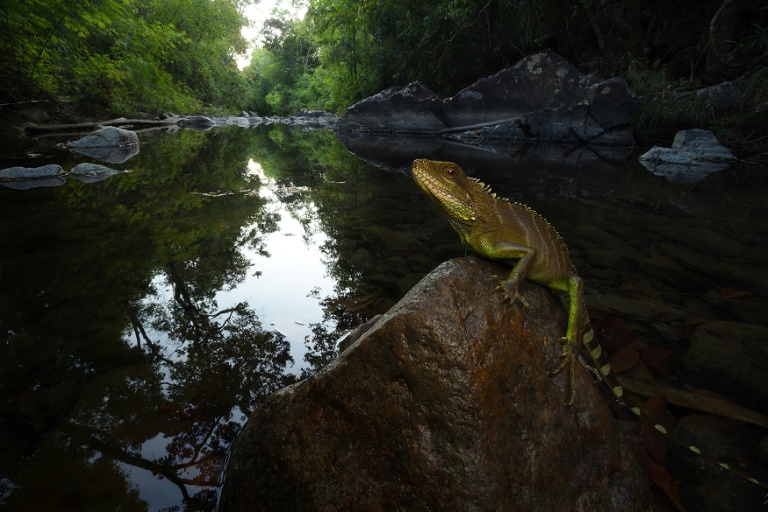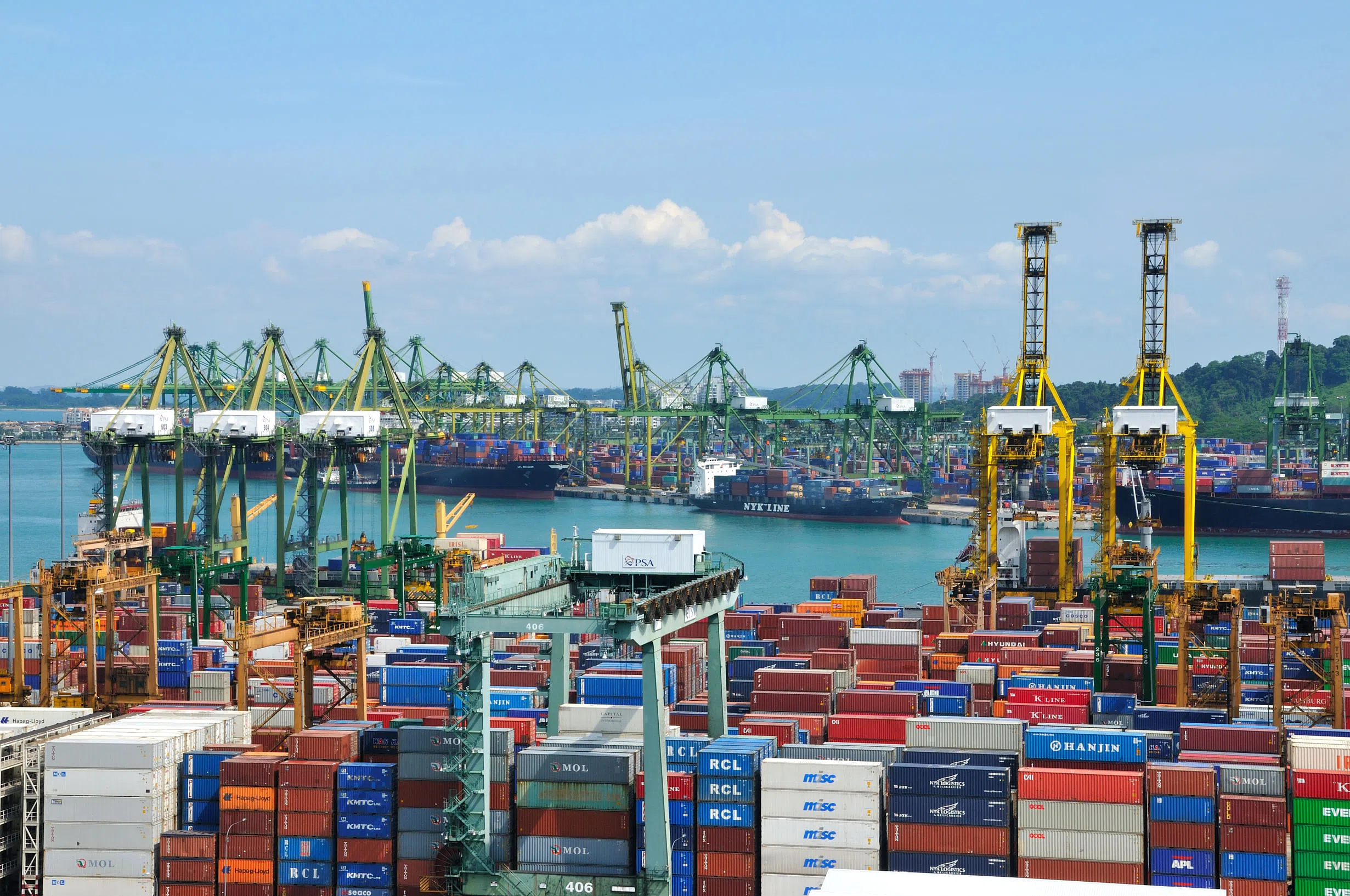KEY POINTS
- China’s ambassador to the U.S. and his wife are expected to attend the event
- Chinese officials are reportedly wondering what Trump’s true intentions are for the invite
- Some experts said it won’t be a surprise of Xi snubs the event given his stature
- Xi and Trump’s relationship crumbled during the first Trump regime amid cold wars on tech and trade
Chinese President Xi Jinping is not expected to travel over 7,500 miles to attend U.S. President-elect Donald Trump’s inauguration as a guest, a new report revealed.
The news is hot, but it’s not a surprise to many who have watched the relationship between the two leaders evolve from a supposed friendship to a bitter end until the end of Trump’s first presidency.
Who Will Attend in Xi’s Place?
Instead of Xi, who was personally invited by the incoming American president to attend Inauguration Day, Chinese ambassador to the U.S. Xie Feng and his wife are expected to attend the event, CBS News reported, citing two sources familiar with the planning. Sources told the outlet that other Chinese officials may also join Xie and his wife at the Jan. 20 event.
Earlier in the day, Trump said his administration has “a good relationship with China,” and the transition team has been discussing “some things” with the Chinese iron-hand leader.
The outlet further reported that Chinese officials who have observed the dynamics between the U.S. and China during the first Trump regime were wondering what the Republican leader’s motives were for inviting Xi.
U.S. State Department records show that no Chinese head of state has attended the U.S. inauguration since the late 1800s, and it has been the long-standing practice in Beijing to send its U.S. ambassadors to American inaugurations.
No Surprise If Xi Doesn’t Attend Trump’s Big Day
For Danny Russel, vice president for international security and diplomacy at the Asia Society Policy Institute, Xi will not allow himself to “be reduced to the status of a mere guest celebrating the triumph of a foreign leader – the U.S. president, no less.”
Furthermore, it is expected that some other foreign leaders China’s leader has had issues with may attend the event, and it could put Beijing’s views over certain things in question.
Russel noted that Chinese officials have had an obsession with retaining the dignity and security of their leader whenever Xi steps out of the country.
Trump and Xi’s Rollercoaster Ride
During the early years of the first Trump presidency, the two leaders appeared to have formed a good relationship as Xi shut down the Forbidden City to take his American counterpart on a tour of the imperial quarters that were used by Chinese emperors in the past.
However, things started to crumble as the two economic powerhouses engaged in a “cold war” over technological advancements and later, tariffs on various goods.
The breaking point was the Covid-19 pandemic, when Trump repeatedly blamed the virus’s spread on China. Since then, pandemic blame game and the tit-for-tat trade tariffs, Beijing repeatedly said the U.S. was trying to restrain its inevitable growth.
With Trump’s re-entry into the White House, it is unclear how relations between the economic giants will fare. Trump 2.0 is faced with a bolder and bigger Xi, while Xi is faced with some Trump cabinet members like Marco Rubio, who have made it clear they are hawkish on Beijing.






